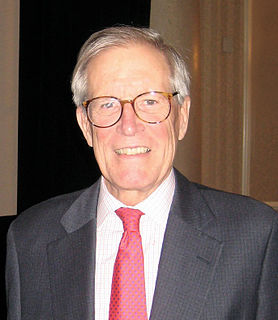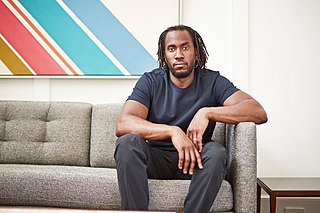A Quote by Henry Louis Gates
The most ironic outcome of the black Civil Rights movement has been the creation of a new black middle class which is increasingly separate from the black underclass.
Related Quotes
There's no question that the black middle class has benefited greatly by the civil rights movement. But there is a large black underclass that does not have access to jobs. If there's no clear road to income and status except crime, we should expect social problems. You can't solve this problem without addressing the economic issues, and the same is true with gender.
Actually we've had a black bourgeoisie or the makings of a black bourgeoisie for many more decades.In a sense the quest for the emancipation of black people in the US has always been a quest for economic liberation which means to a certain extent that the rise of black middle class would be inevitable. What I think is different today is the lack of political connection between the black middle class and the increasing numbers of black people who are more impoverished than ever before.
The historical basis for the gap between the black middle class and underclass shows that ending discrimination, by itself, would not eradicate black poverty and dysfunction. We also need intervention to promulgate a middle-class ethic of success among the poor, while expanding opportunities for economic betterment.
Generally, the arguments for same-sex marriage go along these lines: 'I have a civil right.' What the homosexual movement wants to do is to hitch their agenda to the civil rights movement, but I point out that this is illegitimate for a number of reasons. Number one, no black person has ever left his black-ness or changed his black-ness, but plenty of people have come out of the homosexual movement. What we need to do is distinguish between race and behavior.
Particularly black Americans, many of them, from quotes that I have seen and conversations I've had, are sort of insulted that the civil rights movement is being hijacked - the rhetoric of the civil rights movement is being hijacked for something like same sex marriage. Black Americans tend to have a higher degree of religiosity.
The liberal wing of the feminist movement may have improved the lives of its middle- and upper-class constituency--indeed, 1992 was the Year of the White Middle Class Woman--but since the leadership of this faction of the feminist movement has singled out black men as the meta-enemy of women, these women represent one of the most serious threats to black male well-being since the Klan.
The civil rights movement didn't deal with the issue of political disenfranchisement in the Northern cities. It didn't deal with the issues that were happening in places like Detroit, where there was a deep process of deindustrialization going on. So you have this response of angry young people, with a war going on in Vietnam, a poverty program that was insufficient, and police brutality. All these things gave rise to the black power movement. The black power movement was not a separation from the civil rights movement, but a continuation of this whole process of democratization.
It doesn't surprise me that aspect of the black nationalist movement, the cultural side, has triumphed because that is the aspect of the movement that was most commodifiable and when we look at the commodification of blackness we're looking at a phenomenon that's very profitable and it's connection with the rise of a black middle class I think is very obvious.
































